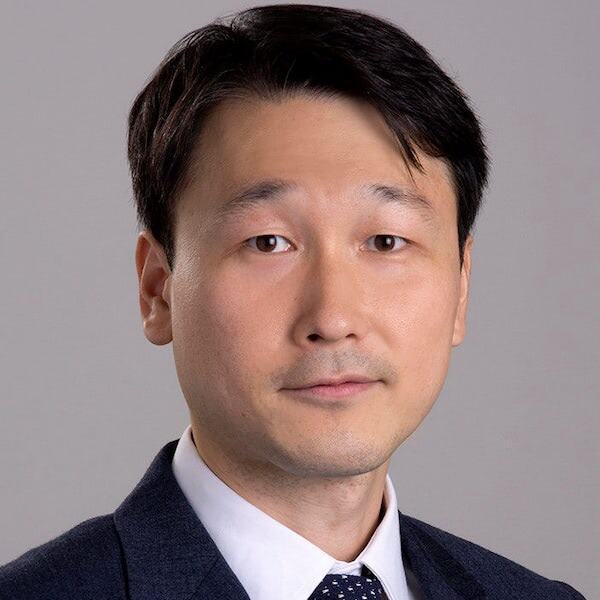- Undergraduate
Bachelor's Degrees
Bachelor of ArtsBachelor of EngineeringDual-Degree ProgramUndergraduate AdmissionsUndergraduate Experience
- Graduate
Graduate Experience
- Research
- Entrepreneurship
- Community
- About
-
Search
All Thayer Events
Jones Seminar: Quantitative Mapping of Brain Oxygen Metabolism Using Magnetic Resonance Imaging
Nov
15
Friday
3:30pm - 4:30pm ET
Spanos Auditorium, Cummings Hall/Online
Optional ZOOM LINK
Meeting ID: 910 9128 2060
Passcode: 403994
Oxygen extraction fraction (OEF) is a quantitative measurement of how efficiently tissue extracts oxygen from the blood and can serve as a critical biomarker for directly assessing tissue viability and functionality. For instance, in dementia, OEF can identify cognitive impairment through decreased OEF and vascular risk through elevated OEF. In stroke, elevated OEF can indicate the presence of the penumbra, salvageable tissue at risk, which is a major therapeutic target. However, there is currently no OEF mapping technique routinely used in research or clinical settings.
In this talk, Cho will introduce a promising OEF mapping technique that he has developed using novel biophysics modeling and data processing, including artificial intelligence (AI) approaches. He will also discuss its validation and clinical applications in neurologic disorders, including stroke, multiple sclerosis, dementia, and brain cancers.
Hosted by Professor Ryan Halter.
About the Speaker(s)
Junghun Cho
Assist Professor of Biomedical Engineering, SUNY Buffalo

Junghun Cho is an assistant professor of biomedical engineering at the State University of New York at Buffalo (SUNY Buffalo). He received a BS in physics from the University of Michigan Ann Arbor, and an MS in physics from the University of Wisconsin Madison. He earned his PhD in biomedical engineering from Cornell University, after which he completed postdoctoral training at MRI Research Institute in Weill Cornell Medicine, where he received the NIH K99/R00 Career Development Award in 2021.
His research has focused on creating quantitative maps of clinically relevant tissue properties, and using these maps to advance our understanding of brain functions and to investigate the cause and treatment of neurologic disorders. His studies on OEF have been recognized with several awards at the annual meeting of the Intentional Society of Magnetic Resonance in Medicine, as well as an Editor's Choice for a paper in Magnetic Resonance in Medicine.
Contact
For more information, contact Amos Johnson at amos.l.johnson@dartmouth.edu.
